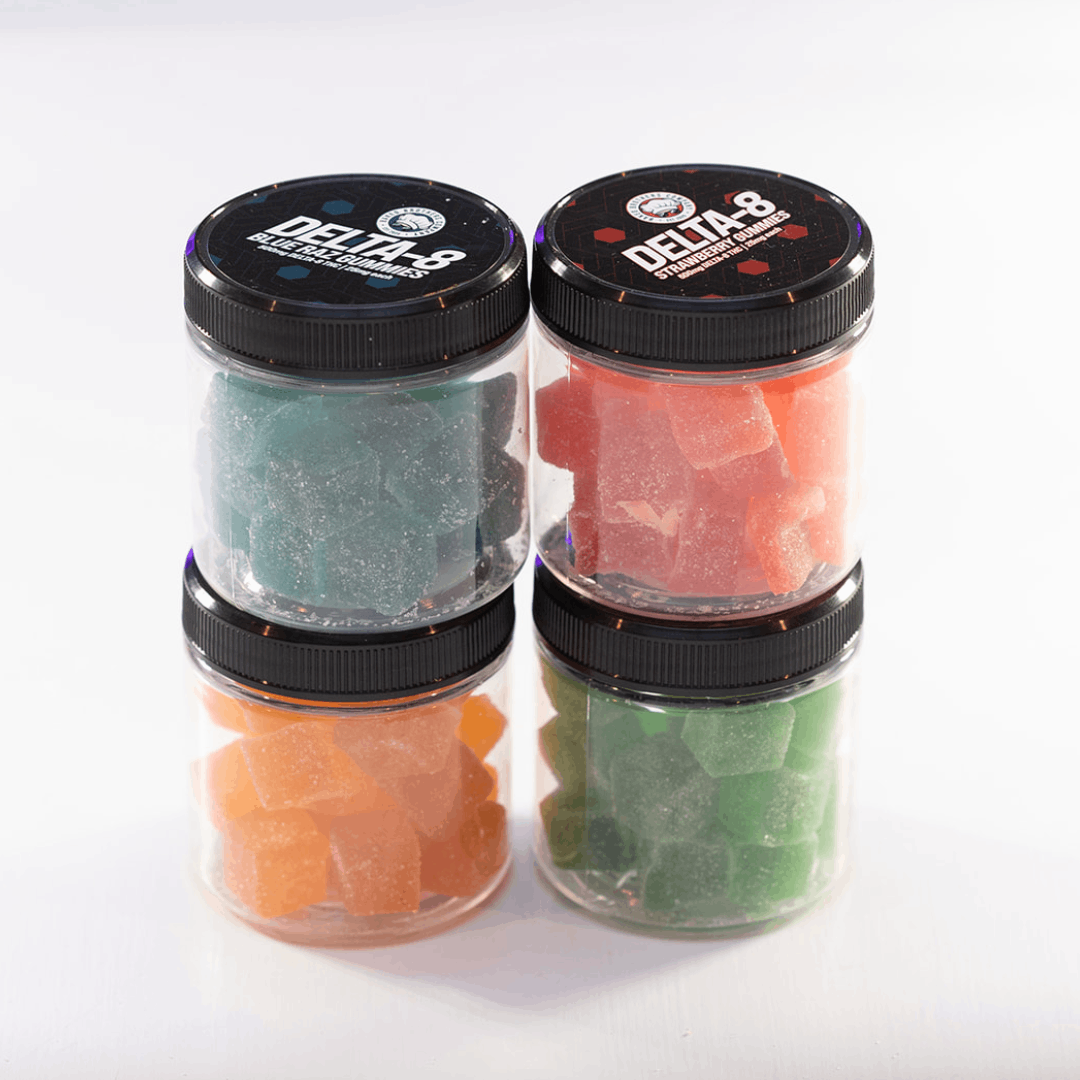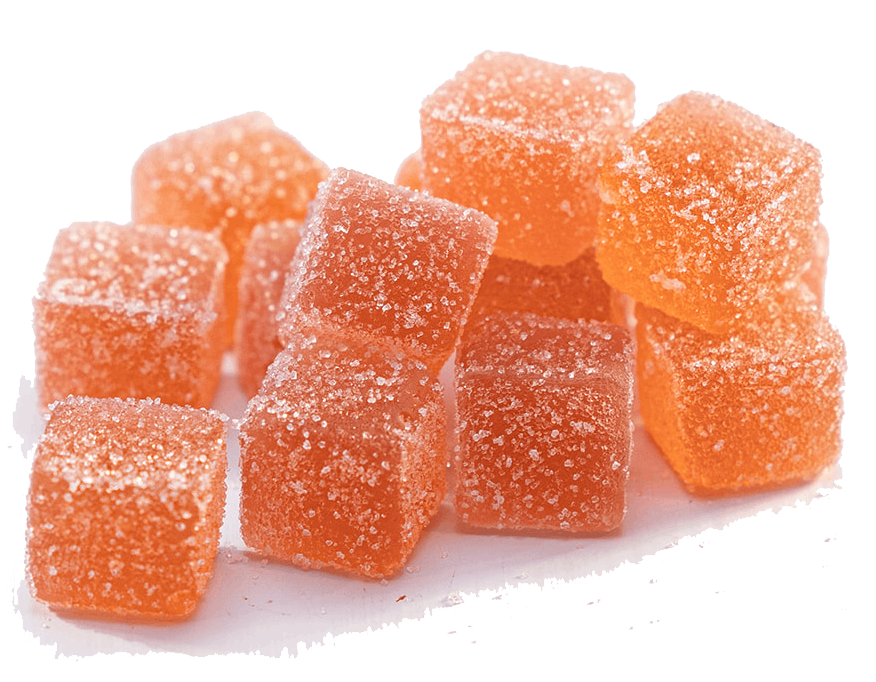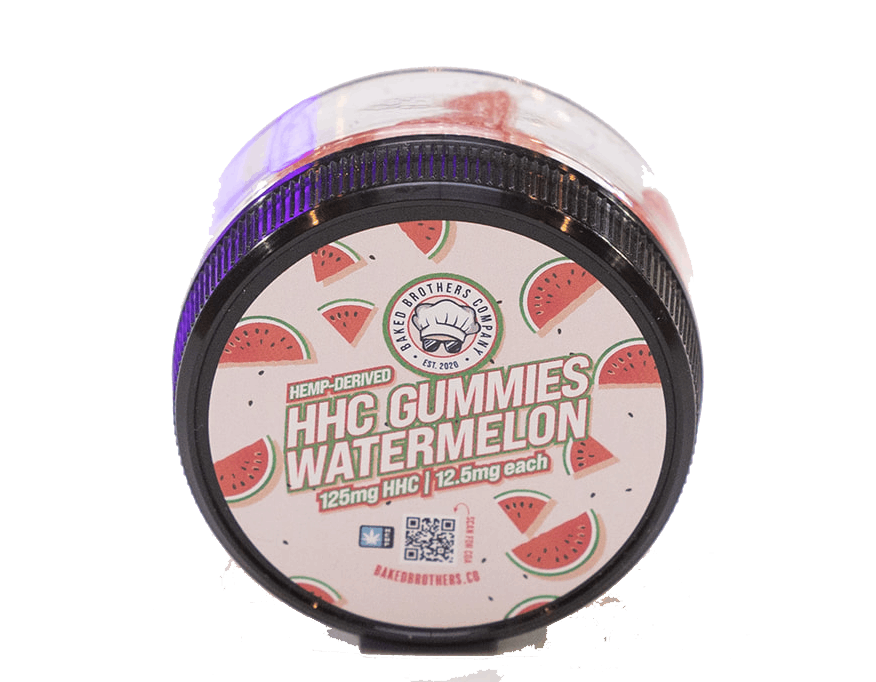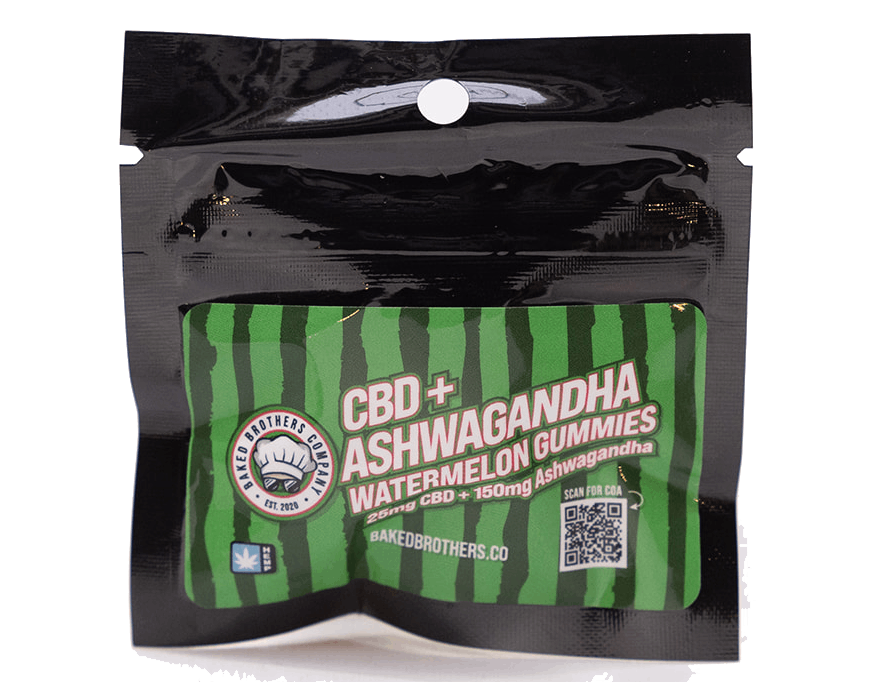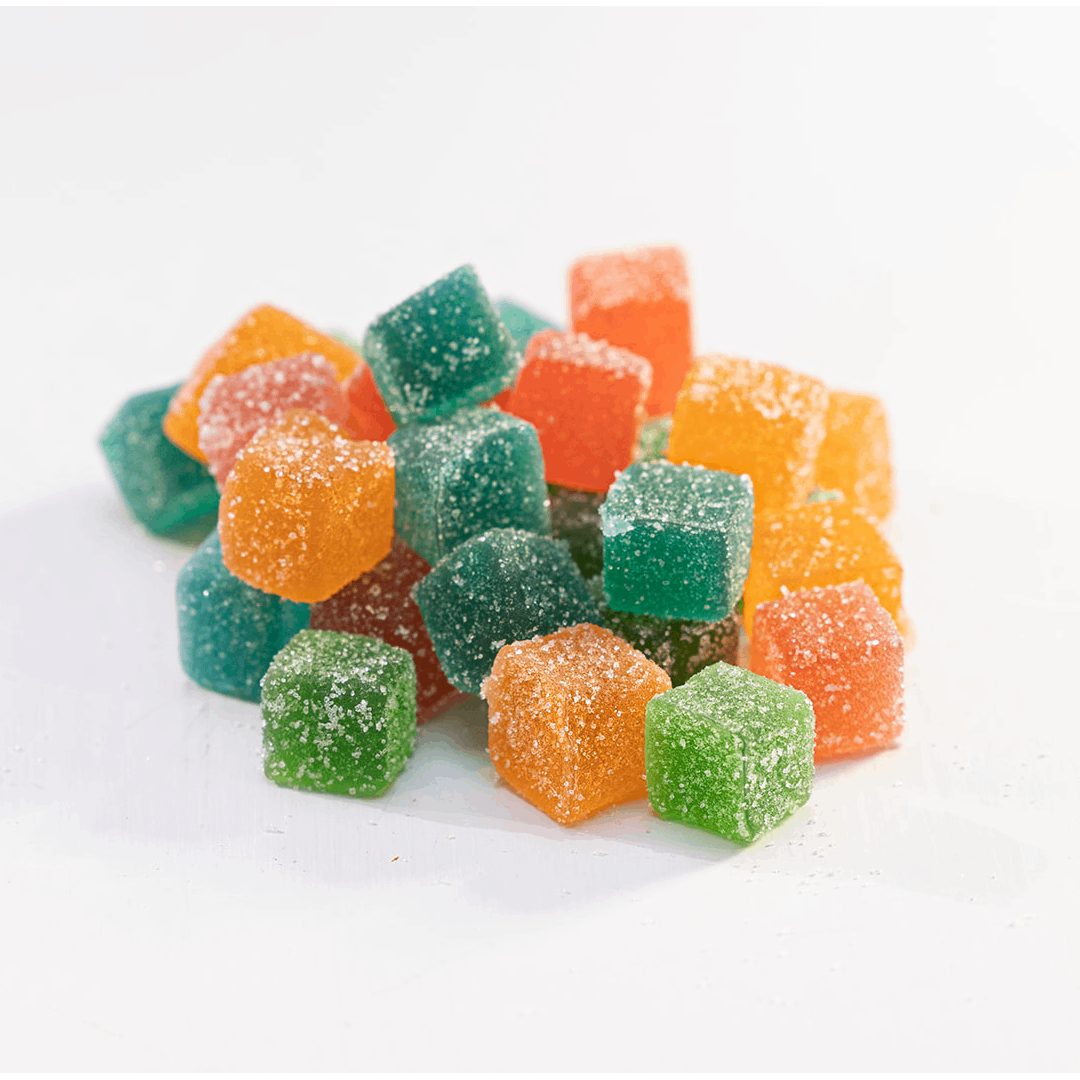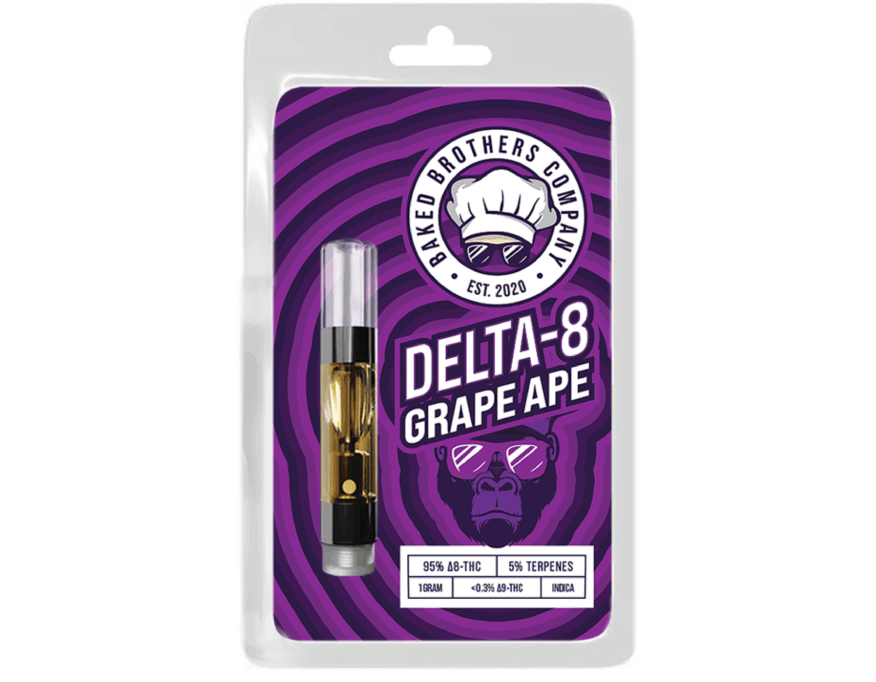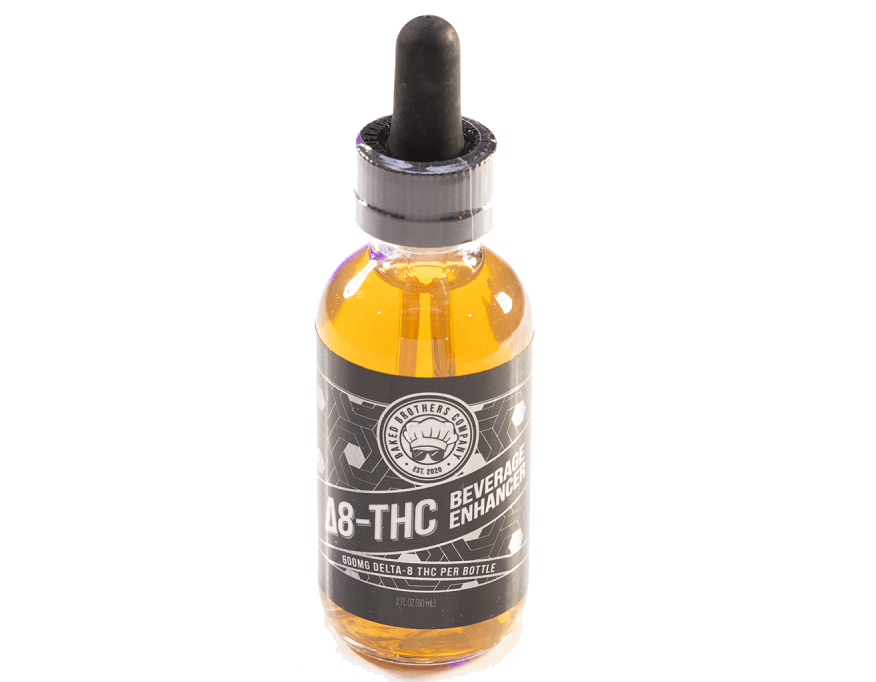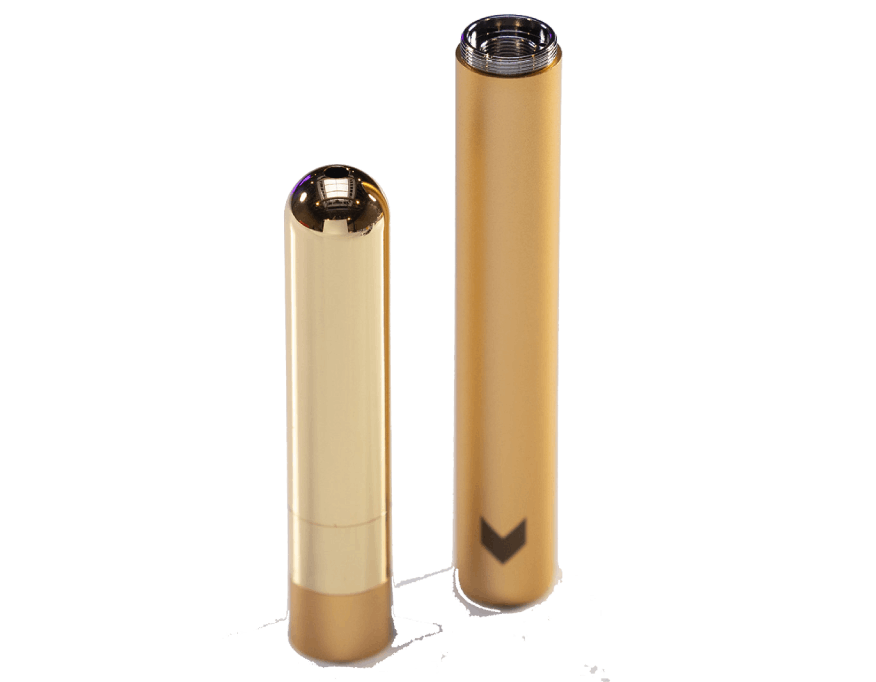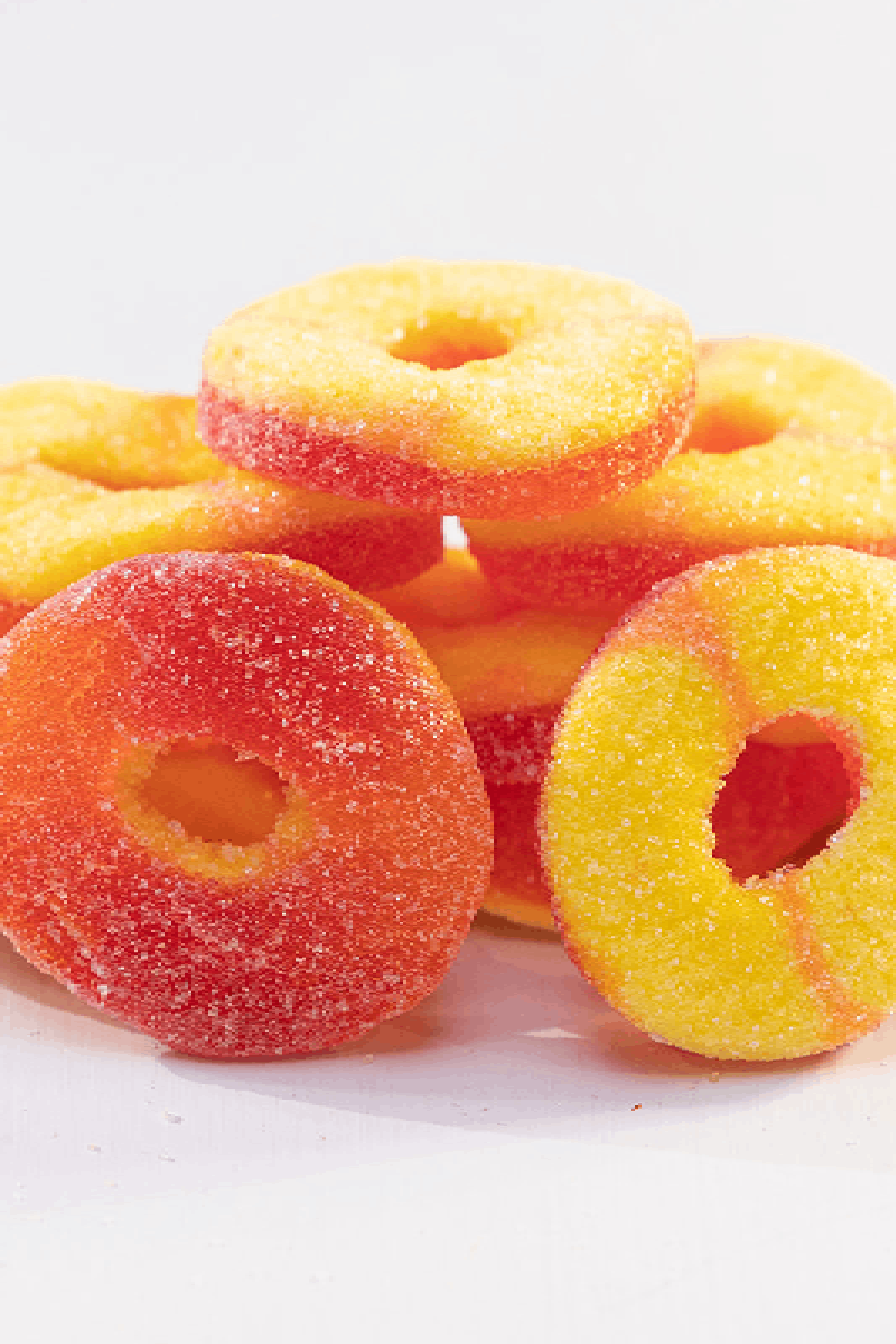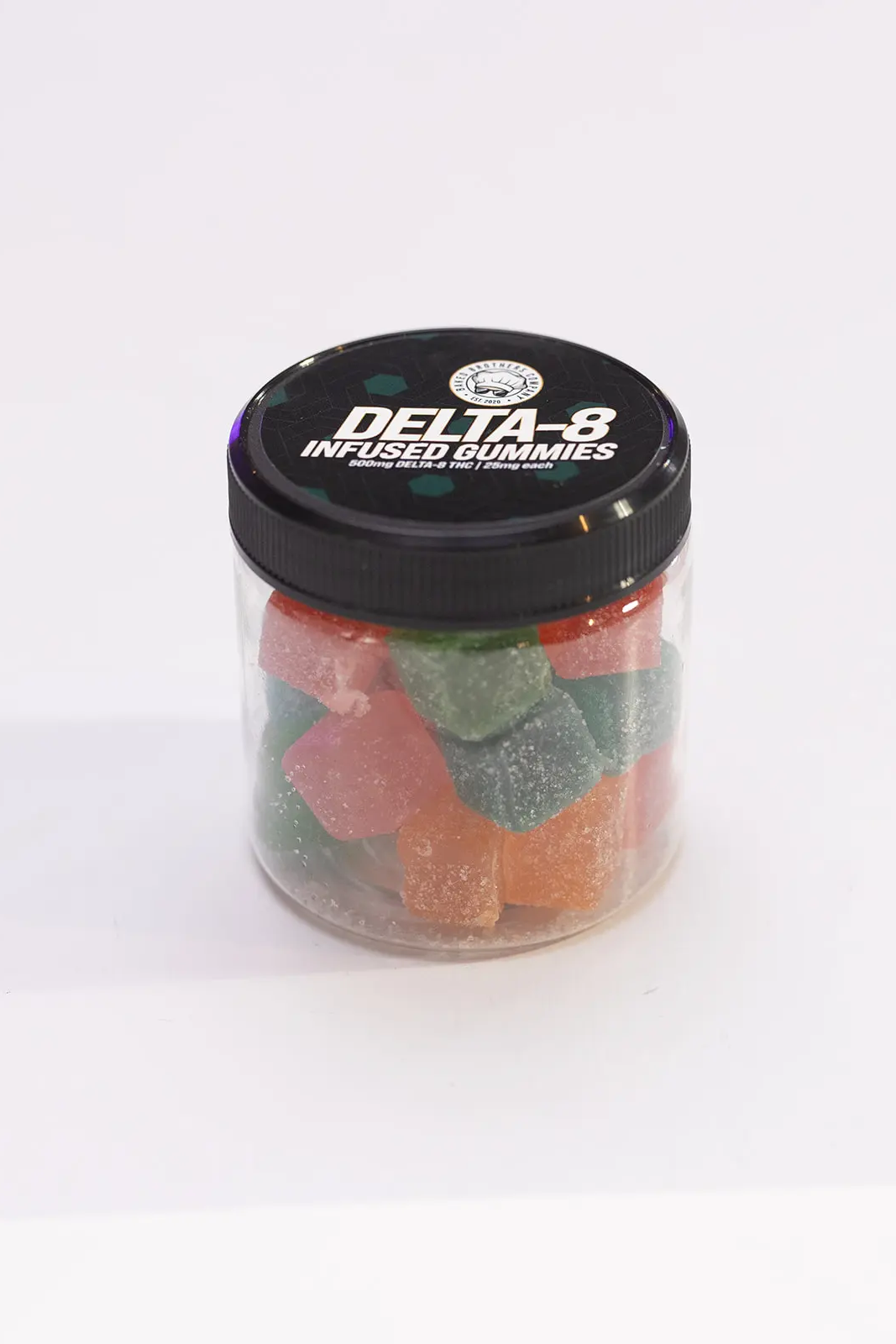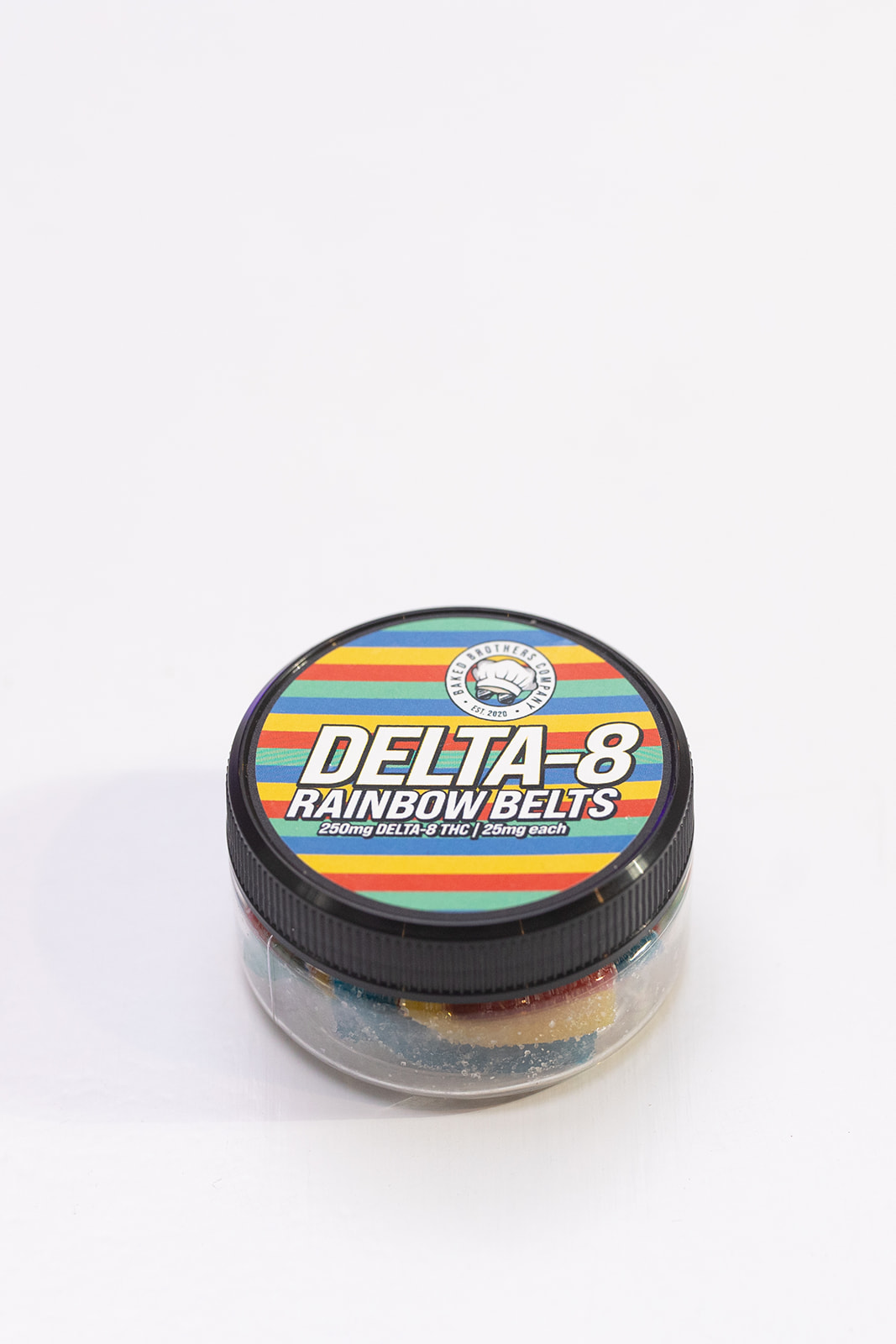Every week it seems that someone is talking about a new cannabinoid. Probably because there are hundreds of cannabinoids and we’re just beginning to understand their potential benefits. CBG and CBN have gained tremendous popularity among cannabinoid users, and in this article, Baked Brothers will take a closer look at their differences.
What is the Difference Between CBG and CBN?
As the cannabis industry continues to grow, consumers are becoming more interested in the different cannabinoids and their effects. Two cannabinoids in particular, CBG and CBN, have been generating a lot of buzz lately, especially in the context of the rising popularity of Delta-8 products.
What Is CBG?
CBG stands for cannabigerol, and it is a non-psychoactive cannabinoid found in cannabis. Like CBD and THC, CBG is one of the many cannabinoids found in the plant, and it is known to have a number of potential health benefits. CBG has been studied for its potential as an anti-inflammatory, antibacterial, and neuroprotective agent.
One of the most notable differences between CBG and other cannabinoids is that it is typically found in much smaller amounts in cannabis plants. Most strains of cannabis contain less than 1% CBG, whereas CBD and THC can be found in much higher concentrations.
What Is CBN?
CBN stands for cannabinol, and it is also a non-psychoactive cannabinoid found in cannabis. CBN is actually a byproduct of THC, as THC breaks down over time and is exposed to oxygen. As THC degrades, it converts into CBN, which is why older cannabis tends to have higher levels of CBN.
CBN is known for its sedative effects, which is why it is often used as a sleep aid. It is also believed to have anti-inflammatory properties and may help with pain relief.
How Do CBG and CBN Differ?
While CBG and CBN are both non-psychoactive cannabinoids found in cannabis, they differ in a few key ways. For one, CBG is typically found in much smaller concentrations than CBN. Additionally, CBG is not a byproduct of another cannabinoid, whereas CBN is created when THC degrades.
CBG and CBN also have different effects on the body. While CBG is known for its potential as an anti-inflammatory and neuroprotective agent, CBN is primarily used as a sleep aid.
Delta-8 and Other Cannabinoids
So, where does Delta-8 fit into all of this? Delta-8 is another cannabinoid found in cannabis, and it is similar to THC in many ways. Delta-8 is often used as a less intense alternative to THC, as it produces a milder high.
It’s worth noting that Delta-8, like THC, can trigger a positive result on a drug test. If you are using Delta-8 products and need to pass a drug test, it’s important to be aware of this fact.
Understanding the Effects
In summary, CBG and CBN are two non-psychoactive cannabinoids found in cannabis. While CBG is typically found in smaller concentrations than CBN, it is known for its potential as an anti-inflammatory and neuroprotective agent. CBN, on the other hand, is primarily used as a sleep aid.
If you are interested in trying Delta-8 or other cannabis products, it’s important to do your research and understand the potential effects of each cannabinoid. And if you need to pass a drug test, it’s always a good idea to err on the side of caution and avoid any products that may trigger a positive result.
Trying for Yourself
As a leading provider of high-quality Delta-8 products, Baked Brothers is dedicated to educating consumers about the benefits and potential risks of different cannabinoids. In addition to offering a wide range of products that contain CBD, CBG, CBN, Delta-8, and other cannabinoids, Baked Brothers also provides information resources to help consumers make informed decisions. Whether you are a seasoned cannabis user or new to the world of cannabinoids, Baked Brothers is committed to providing you with the resources and products you need to achieve your wellness goals.

